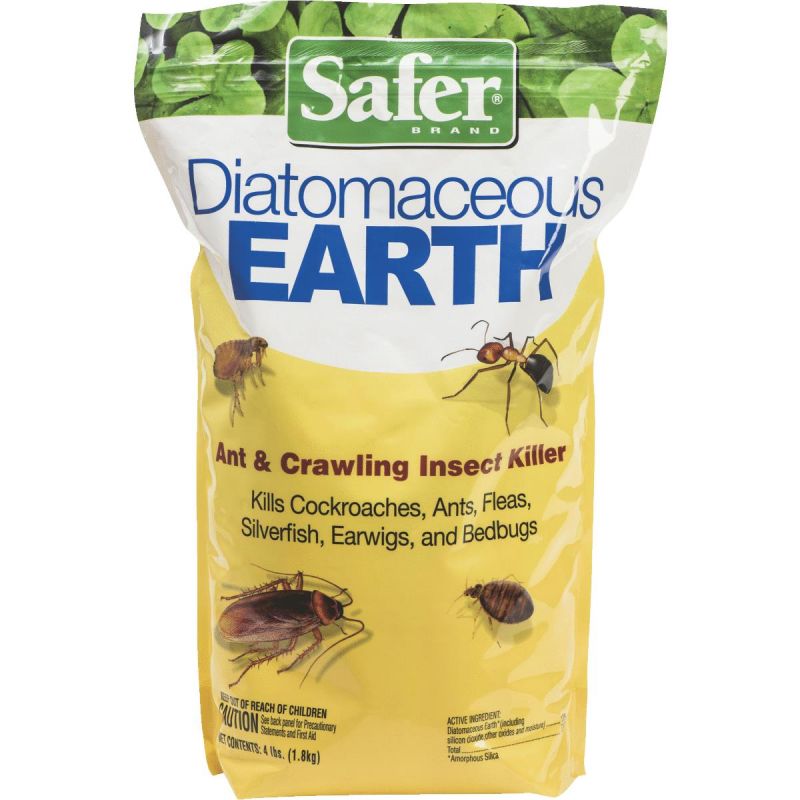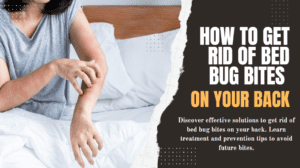Introduction
Bed bugs, those pesky little creatures that have haunted many a household, are notorious for their resilience and rapid reproduction. For many, the first instinct when faced with a bed bug infestation is to seek out home remedies, hoping for an effective and budget-friendly solution. Vinegar, a staple in most kitchens, frequently surfaces as a popular choice in the battle against these miniature pests. So, Does Vinegar Kill Bed Bugs?
Does vinegar truly possess the power to halt the bed bug menace? As we delve into the depths of this age-old remedy, we’ll unravel its actual efficacy, setting the stage for a comprehensive guide on everything you need to know about bed bugs and the potential solutions at hand.
The Science of Vinegar

Vinegar, a versatile liquid that’s found its way into our recipes, cleaning routines, and even some health remedies, owes its unique properties to its main component: acetic acid. This acid lends vinegar its sharp taste and pungent smell, but it’s also the reason many believe vinegar could be a weapon against pests like bed bugs. To truly grasp the potential of vinegar in this context, we need to understand its impact on a microscopic level. As we delve into the world of acetic acid, we’ll uncover how its acidic nature interacts with pests and whether this interaction is potent enough to combat the tenacious bed bug.
Bed bugs, like other insects, possess an exoskeleton made of chitin, which acts as a protective shield. When exposed to acetic acid, this exoskeleton does experience some level of distress due to the acid’s corrosive nature. However, while acetic acid can cause discomfort and may repel bed bugs, it doesn’t necessarily break down their exoskeleton to the point of extermination. It’s crucial to differentiate between substances that cause minor irritations and those that can effectively eradicate bed bugs. For those seeking a foolproof method, relying solely on acetic acid’s potential impact on the exoskeleton might not yield the desired results. Vinegar is not a lasting, reliable, or long-term solution.
This section sheds light on the interaction between acetic acid and the bed bug’s exoskeleton, emphasizing the difference between repellence and extermination.
Does Vinegar Kill Bed Bugs?
When it comes to household pests, bed bugs rank among the most feared, and rightfully so. Their stealthy nature combined with their knack for rapid multiplication can lead to infestations in the blink of an eye. As homeowners scramble to find solutions, the question arises: can vinegar come to the rescue? At first glance, spraying vinegar might cause some bed bugs to scurry away, seemingly repelled by its strong aroma and acidic touch.
When exposed to vinegar, bed bugs can indeed be affected due to its acidic nature. However, while vinegar may cause discomfort to the bugs and even repel them temporarily, it does not necessarily exterminate them or address the underlying infestation. Eggs and nymphs, especially, prove to be more resistant. It’s essential to differentiate between a substance that repels and one that eradicates. In our subsequent sections, we’ll delve deeper into the nuances of using vinegar and present holistic strategies to ensure a bed bug-free environment.
How to Use Vinegar Against Bed Bugs (If You Choose To)
Vinegar’s versatility goes beyond culinary uses and household cleaning. If you’re leaning towards giving vinegar a shot in your fight against bed bugs, it’s crucial to approach the process with informed steps. Firstly, opt for white distilled vinegar, which possesses a higher acidity level, making it potentially more impactful. Prepare a solution by filling a spray bottle with undiluted vinegar, ensuring the nozzle is set to produce a fine mist.
As you start the application, focus on target areas like bed seams, cracks, and crevices where bed bugs typically reside. Remember to exercise caution; while vinegar is natural, it can discolor fabrics and leave a strong odor. Always conduct a patch test before generously applying. Moreover, while vinegar might repel the bugs momentarily, it’s imperative to pair this method with more comprehensive strategies for lasting relief.
Limitations of Using Vinegar
While vinegar has long been celebrated for its multifaceted applications, it’s vital to approach its use against bed bugs with a clear understanding of its limitations. Firstly, though vinegar can cause discomfort to adult bed bugs, it isn’t a guaranteed exterminator.
The hardy eggs and younger nymph stages of bed bugs are particularly resistant to its effects. Additionally, despite being a natural solution, vinegar is acidic. This means there’s a risk of damage when applied to certain materials.
Your cherished bedding, upholstery, and even wooden surfaces can discolor or degrade upon prolonged exposure. Beyond the potential material harm, relying solely on vinegar can give a false sense of security. A missed egg or a hidden nymph can rapidly lead to a resurgence in population. Thus, bringing you back to square one. While vinegar might play a role in your battle plan, it’s essential to consider it as one tool among many. As it may not be the best solution.
Potential Damages Caused by Using White Vinegar:
For starters, natural stone surfaces such as granite, marble, or limestone can be etched or dulled by vinegar, compromising their aesthetic appeal and smooth finish. Similarly, wooden furniture or hardwood floors, when subjected to vinegar, can lose their sheen, or suffer discoloration.
Additionally, its potent acidity can weaken the grout between tiles, leading to potential long-term damage. Electronic screens, when cleaned with vinegar, might experience streaking or loss of protective coatings. While white vinegar is undoubtedly a powerful cleaning agent, it’s imperative to use it cautiously, ensuring it’s suitable for the material at hand.
Alternatives to Vinegar for Bed Bug Control
The quest to find an effective countermeasure against bed bugs often goes beyond common household remedies like vinegar. If you’re looking for more formidable strategies, you’re in the right place. Natural remedies like diatomaceous earth have gained traction in recent years due to their ability to dehydrate and kill bed bugs over time. Organic bed bug sprays are often effective against bed bugs. All-Natural bed bug sprays also serve as cost-effective option, compared to professional bed bug treatments.

Essential oils, especially tea tree and lavender, have also been spotlighted for their repelling properties. Though their efficacy as exterminators is still under debate. On the other hand, professional solutions offer more guarantees.
Heat treatments, where infested rooms are heated to temperatures lethal for bed bugs, have proven highly effective. Similarly, insecticides specially formulated for bed bugs, when applied correctly, can tackle even deeply entrenched infestations. It’s pivotal to weigh the pros and cons of each method and potentially combine approaches for the best defense against these persistent pests.
In Summary,
In our journey to understand the relationship between vinegar and bed bugs, we’ve unraveled key insights. While vinegar, with its acidic properties, can serve as a temporary repellant, it’s not the magic bullet for exterminating bed bugs.
As homeowners, it’s essential to adopt a holistic approach. Relying solely on vinegar may lead to disappointing results and a false sense of security. Instead, combining various methods – be it natural remedies like diatomaceous earth or professional treatments like heat processes – is the key to crafting a robust defense. It is important to take an aggressive and fast approach in dealing with bed bugs.




